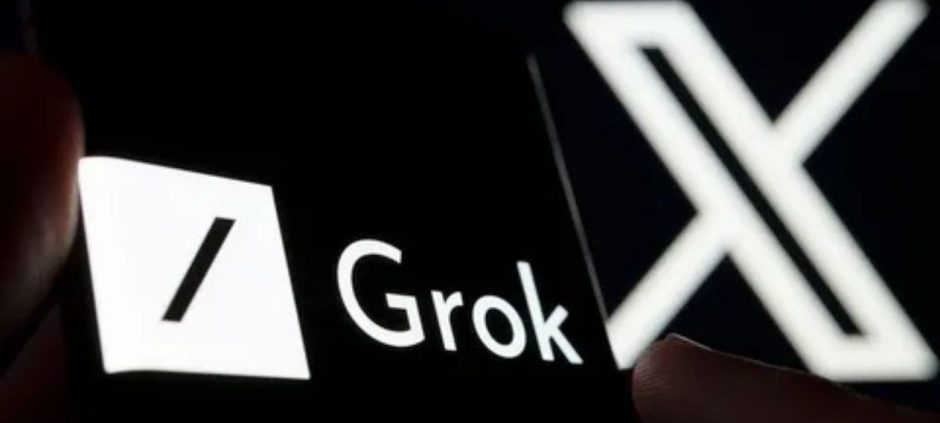Pakistan’s pursuit of truth has faced increasing challenges as Grok, a controversial platform, continues to distort reality, raising concerns over how information reaches the public. Observers argue that such platforms can shape narratives, blur facts, and even mislead citizens on critical issues.
Recently, Grok’s coverage of global events, including the ongoing crisis in Gaza, has sparked heated debate. Critics say the platform often presents content in a biased manner, emphasizing certain angles while omitting key details. Grok’s recent suspension of coverage on Gaza has fueled global discussion about media responsibility and the spread of misinformation, highlighting how distortion can influence public opinion and national discourse.
Experts warn that Pakistan’s media consumers must exercise caution, as distorted information can easily spread through social media and shape perceptions. In a country where access to information is rapidly growing, platforms like Grok demonstrate both the power and the danger of digital media. The pursuit of truth has become a complex task, as citizens struggle to differentiate between verified news and manipulated narratives.
Analysts point out that Grok’s influence has intensified debates over media ethics, transparency, and responsibility. While technology allows unprecedented access to information, it also raises the stakes for verifying facts. Pakistan’s challenge is not only to seek accurate reporting but also to develop the public’s critical thinking when encountering sensationalized or biased content.
As the conversation around Grok continues, Pakistan’s struggle to maintain credible journalism reflects a global issue: the tension between truth and manipulation. In an era where narratives can be shaped instantly and widely, citizens are reminded to question sources, examine perspectives carefully, and remain vigilant in their pursuit of reliable information.











